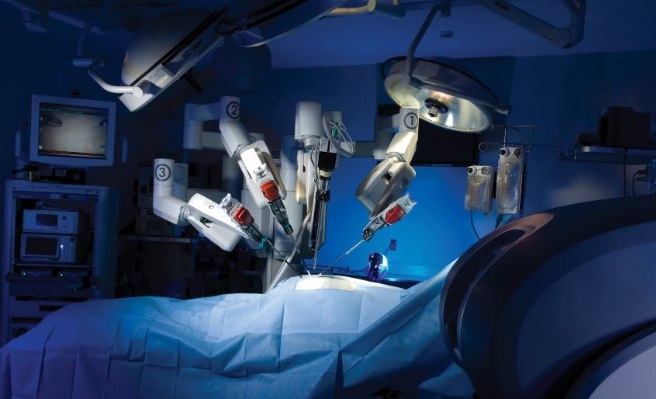If Artificial Intelligence and robots threaten jobs in the next Future

Robots may soon be employed in your business: a study from Redwood Software and Sapio Research released October 4th revealed that IT leaders believe automation could impact 60% of businesses by 2022 and threaten jobs in the process. Further, 70% of these professionals say that robotics have become more of a priority in the last year.
Automation can offer companies benefits including speed of process and reduction of manual effort, the survey of 500 IT decision makers across the US and UK found. Security and cost represent the top risks, tech leaders said.
"Companies are rapidly unlocking the potential of robotics and automation, and transforming their entire businesses in the process," Dennis Walsh, Redwood Software president of Americas and Asia-Pacific, said in a press release. "The acceleration of this adoption in recent years means that the majority of the repetitive tasks that make up the back office could soon be performed by software robots. That means less mundane work, more strategic thinking and ever greater prominence for the IT department."
Now, a new, separate report from PwC, the second biggest professional services firm worldwide, suggests a similar timeline; one in which people may need to practice and learn new skills — or be left behind as automation takes over.
The report, titled Workforce of the Future, surveyed 10,000 people across China, India, Germany, the UK, and the U.S. to “better understand the future of work.” Of those, nearly 37% think artificial intelligence and robotics will put their jobs at risk; in 2014, 33% had a similar concern.
A startling scenario the report envisions for the future is one in which “typical” jobs — jobs people can steadily advance in through promotions — no longer exist, prompting the aforementioned move to develop new skills. Speaking with CNBC, PwC principal and U.S. people and organization co-leader Jeff Hesse says automation is already forcing people out, though it’s not consistent across every field.
“It varies a bit by industry,” explains Hesse, “but over the next five years we’re going to see the need for workers to change their skills at an accelerating pace.” If the report’s results are anything to go by, people are ready for change: 74% expressed a willingness to “learn new skills or completely retrain in order to remain employable in the future.”
As of March 2017, PwC reports about 38% of U.S. jobs are at risk of being affected by automation by the early 2030s, with Germany closely behind at 35%; the UK at 30%; and Japan at 21%.
Many experts have speculated about the potential impact of artificial intelligence on the workforce. A widely-cited study from the University of Oxford predicted that 47% of US jobs are at high risk of automation in the coming decades, with the lowest skill jobs most likely to be eliminated. However, many experts predict that robots will complement human workers, and free them up to do higher-level tasks, rather than completely replace them.

